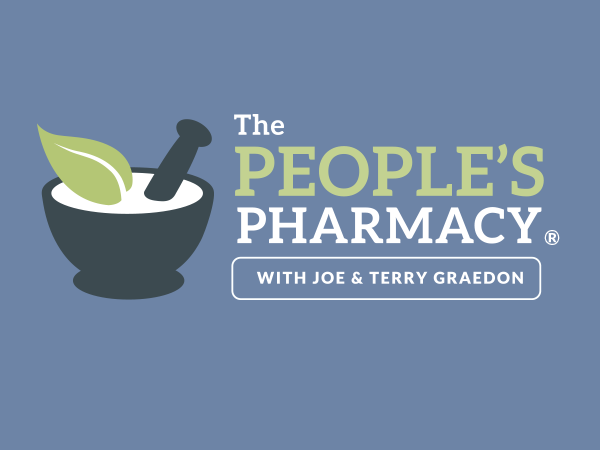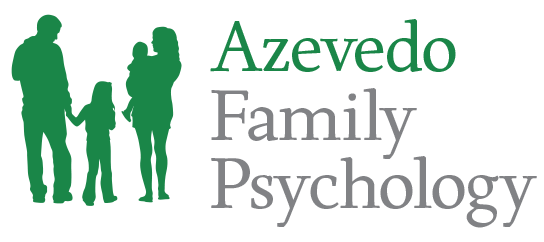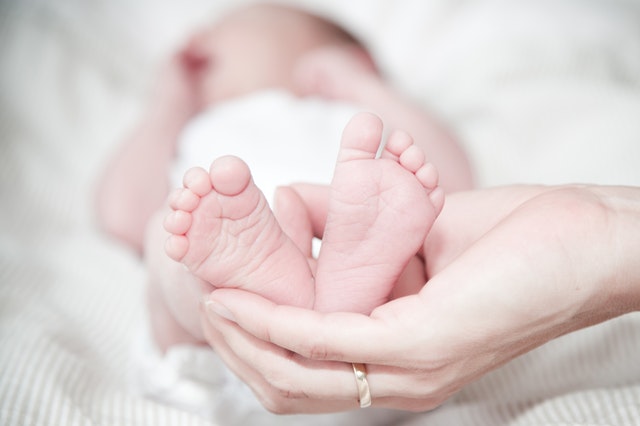
What Is the Science of Lasting Relationships? | Dr. Azevedo Joins The People’s Pharmacy
December 11, 2017
Learning from Long-Distance Relationships
February 1, 2018A new child is typically a time of great joy! Even when unplanned, the miracle of childbirth can mark the beginning of a challenging and wonderful journey. Unfortunately for some mothers, the huge event is marred by postpartum depression, a treatable condition associated with childbirth.
Symptoms and Unique Features
As with other kinds of depression, it is important to distinguish serious mental illness from normal emotions. Many mothers feel anxiety or worry after birth, a condition called the baby blues. Such feelings are understandable given the emotional significance of giving birth.
Similar to general depression, postpartum depression is distinguished by length and severity. Symptoms include fits of crying, unpredictable mood swings, and an inability to think clearly. Some sufferers may also have trouble bonding with their baby; this may be temporary, but can lead to long-term problems with the child’s development.
Postpartum depression typically occurs around two weeks after delivery, but some can start before the baby is born. It is a cause for concern when symptoms persist over two weeks.
Causes
Researchers are conflicted as to why postpartum depression occurs. Some of the factors are obvious. For one, having a baby is stressful! This can be compounded with sleep deprivation and new-parent anxiety. A woman’s body also undergoes significant hormonal changes after childbirth, which can cause mood swings similar to another time of hormonal shift: menopause.
Other factors may increase the risk of PPD, particularly a traumatic birth, a history of depression, and a lack of support. Homosexual parents, as well as women of color, may be at increased risk, though this is due to both genetic and social factors.
Treatment
Because many (though not all) antidepressants cannot be used while breastfeeding, treatment for postpartum depression can be a challenge. Therapy has proven to be most effective; mothers may derive unique benefits from in-home visits and group therapy, but traditional cognitive behavioral therapy also works.
For the other parent, the most important thing is to be supportive; studies have shown many women with PPD feel alone and unsupported. In addition to changing and other baby needs, partners can assume more household responsibilities and check in frequently with the mother. As with general depression, friends and family must be patient and kind.
Are you or someone you love suffering from postpartum depression? Azevedo Family Psychology can help! We treat patients in the Triangle area, including those in Cary, Raleigh, Durham, Chapel Hill, and Holly Springs.
Contact Azevedo Family Psychology today, and let’s create a life worth celebrating!




